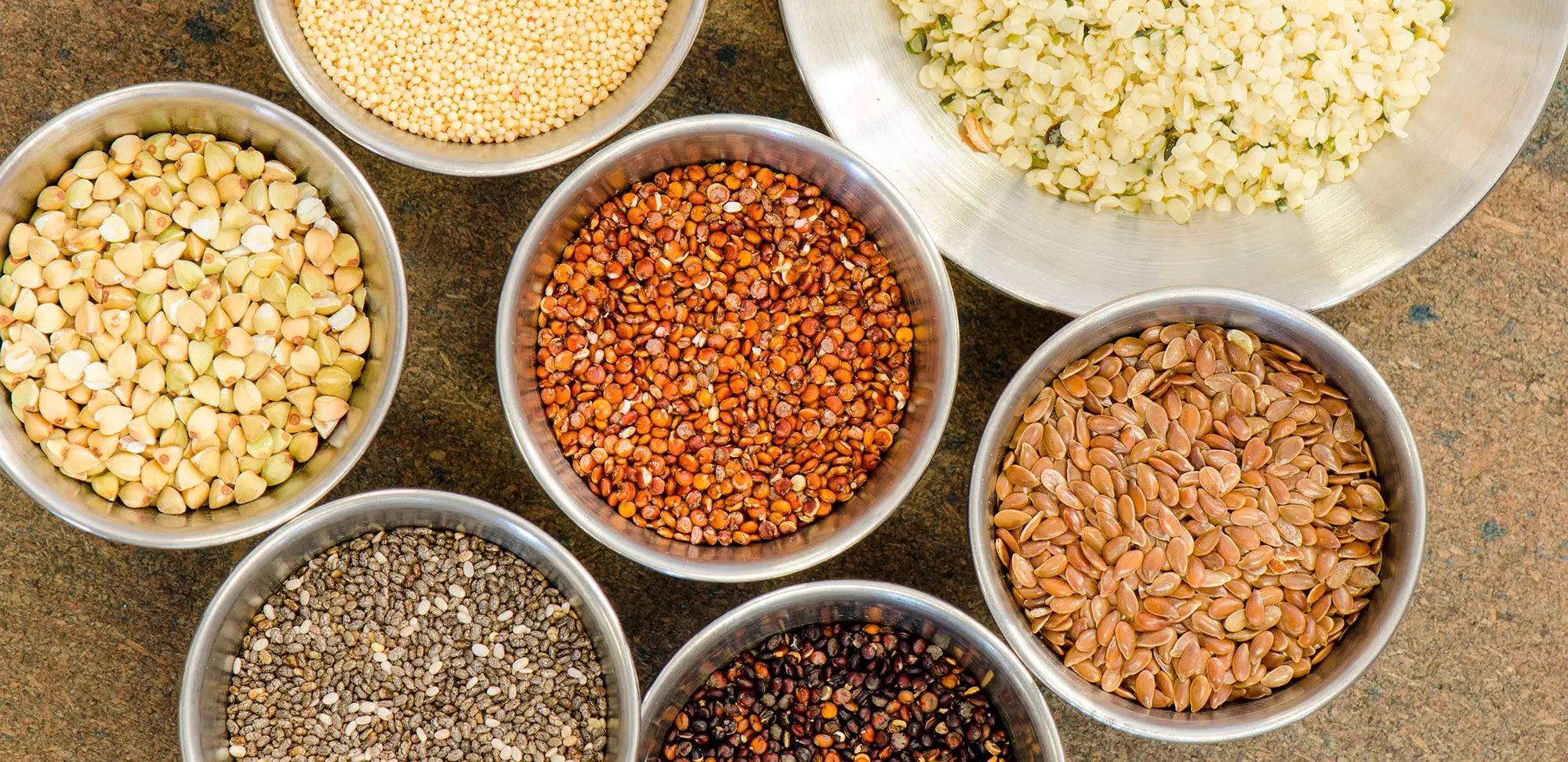We all know a healthy lifestyle that includes building positive social networks, staying connected with family and friends, and being physically active and engaged is important as we age. Eating nutritious meals should also be right at the core of this way of living.
According to Carol Greenwood, senior scientist at Toronto’s Baycrest Health Sciences and professor emeritus in the Department of Nutritional Sciences at the University of Toronto, research shows that exercise can slow down the aging process. It can also improve, stimulate and protect brain cells at the same time. Combine physical activity with a healthy diet and you have a blueprint for well-being. Greenwood also recommends reducing your intake of red meat and packaged or processed foods, and instead leaning toward more plant-based meals.
Greenwood points out that antioxidants found in many foods help neurocommunication and encourage the survival of brain neurons. They also keep blood vessels healthy — and what’s good for the cardiovascular system is good for the brain too.
While there is no single superfood that you should eat every day, there are many delicious ones chock full of components that help support brain health, memory function and learning. Many protect our brains though their anti-inflammatory and antioxidant actions. Here are four to add to your shopping list.
Fish: Fatty fish — such as salmon, mackerel, herring, Arctic char, sardines and trout — contain omega-3 fatty acids, which reduce inflammation and can help boost brain health and slow down the loss of brain function typically associated with aging. Easy ways to meet the goal of three servings per week are baking or grilling a fillet of salmon or any favourite fish, making a sardine-and-onion sandwich (yummy, trust me) or including fish in a salad.
Berries: Blueberries, strawberries, raspberries and blackberries are bursting with antioxidants that not only protect brain cells by reducing inflammation but also help clear out some of the toxins that accumulate in the aging brain. This can help slow down cognitive decline and boost memory and learning. Another plus: Berries are low in calories and a good source of vitamins and minerals. Since it’s not yet berry season, stock your freezer with bags of frozen berries (yes, they’re as nutritious as fresh) to toss into smoothies, cereal, yogurt parfaits and salads. Or bake them into muffins, crisps or cobblers. Bonus: As you eat them, you can enjoy a taste of summer in mid-March!
Cruciferous vegetables: This family, which includes broccoli, cauliflower, cabbage, brussels sprouts and bok choy, contains compounds that may reduce oxidative stress and lower the risk of neurodegenerative diseases. Cruciferous veggies are also high in vitamin K, which plays an important role in brain function and health. You can steam, roast or stir-fry them, add them to soups and stews, or serve them raw with dips and in salads.
Nuts: Adding a handful of nuts to your daily diet is another way to be good to your brain. There is no consensus on which nut is the healthiest, but walnuts, almonds and hazelnuts are well studied. Their antioxidants fend off cell-damaging free radicals and aid communication between brain cells. Enjoy them as snacks, or in granola, salads, stir-fries and desserts.
For more information on nutrition and brain health, go to baycrest.org and search for the downloadable booklet The Brain Health Food Guide.











